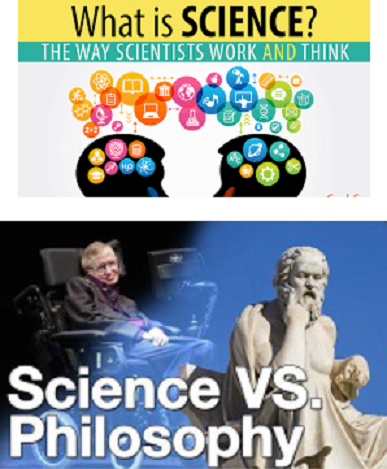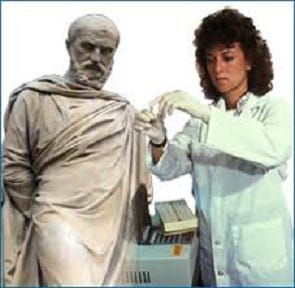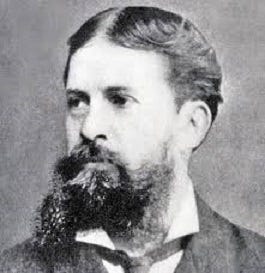There are actually some (as it were) false paradoxes: arguments or situations which seem paradoxical until they are seen not to be paradoxical – simply false. Some logicians claim that this is one.

Well, does this barber shave himself? He must do because he shaves all those who don't shave themselves. But if he shaves himself, he can't be a member of [the class of those who don't shave themselves]. Yet his job is to shave all those who don't shave themselves – and he only becomes a member of that class when it's seen by himself that he doesn't shave himself.
Thus we have a contradiction. As a person who doesn't shave himself, he must shave himself. If he did shave himself, then he wouldn't be a member of [the Class of Those Who Don't Shave Themselves]. But the resultant situation, in both cases, is that he shaves himself. If he shaves himself, then obviously he shaves himself. However, if he doesn't shave himself, and he must shave all those who don't shave themselves, he must also end up shaving himself.
Why on earth should we assume that there isn't a barber who shaves all and only those who don't shave themselves? It's certainly not illogical if he excludes himself. But perhaps that's precisely the problem – he can't exclude himself! However, even if he can't exclude himself, the paradox doesn't appear to disappear: talk about not assuming that there could be a barber who only shaves those who can't shave themselves seems to be to sidestep it the problem.

The philosopher Roy A. I believe that Sorensen makes the mistake of saying “we should not assume that it is possible for there to be a barber who shaves all and only those he does not shave”. That locution doesn't appear to make sense. It's not paradoxical – just senseless.
The end result of this possible paradox is that we have a barber who shaves all and only those he does not shave. But I still can't work out how you get there. Therefore is may well be a mistake – perhaps just a typing mistake. The thing is, I don't know!
So perhaps Sorensen's locution is correct after all. The end result of this possible paradox is that we have a barber who shaves all and only those he doesn't shave. However, I still can't work out how Sorensen gets there. Therefore may well be a mistake – perhaps just a typing mistake.



















